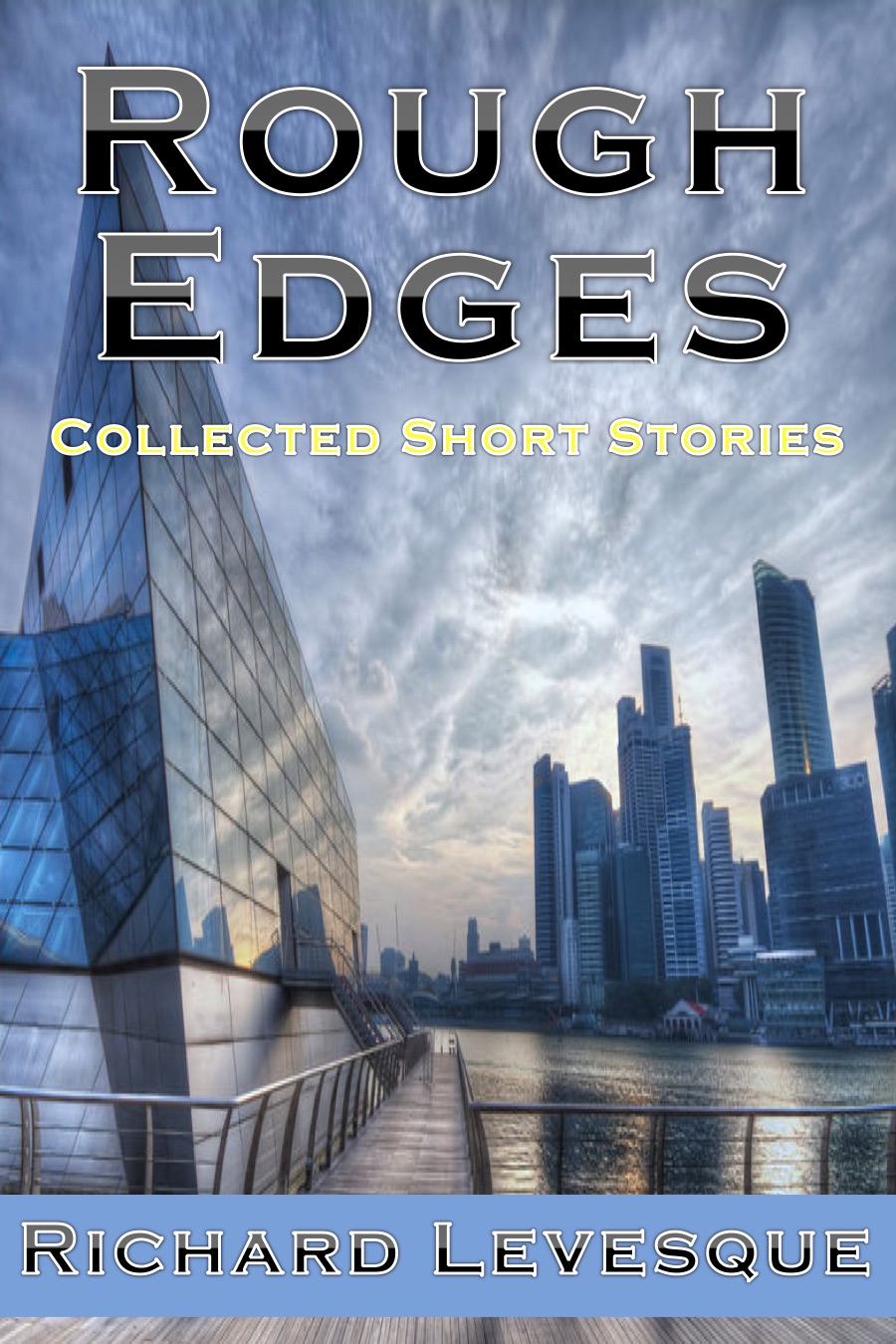Book Bloggers Mucking Things Up (Not)
So the editor of the Times Literary Supplement feels that book bloggers are doing a disservice to literary criticism, watering it down. Anyone with enough know-how to set up a blog and read a book can become a literary critic.
On the one hand, there’s a legitimate concern there. The proliferation of voices on the Internet opens the possibility that people who don’t know what they’re talking about will talk anyway. This has long been a concern for academics, as we insist that our students not cite Wikipedia entries in their research papers for fear that the cite lacks credibility. Sometimes that fear is justified. And sometimes the information is perfectly accurate, and may even have been provided by an expert in the field, someone with a Ph.D. even.
As regards book bloggers, the concern is that more and more people will turn to such voices as though they were authorities, while the real authorities (those people with Ph.D.s after their names) have their views ignored. God forbid.
The democratizing effect of the web is reaching into academia and the world of criticism the same way it has worked its way into the music and film industry. Now anyone can produce a cd or a film or a book or a blog and can get it out to the public with a few mouse clicks. The cultural gatekeepers have been bothered by this for some time, and this recent flare-up just shows they’re continuing to be bothered.
A lot of people have been coming to the bloggers’ defense, pointing out that most book bloggers are offering reviews about why they like a book rather than muscling in on literary critics’ territory. I’ve spent the last week looking at about a hundred book review blogs trying to find people interested in reviewing my own books, and most of those bloggers present well-written, subjective reviews explaining why this or that book is good or not good, worth the cost or not worth it, etc. They’re not throwing out heavy-handed literary criticism, the kind of thing you’ll find in academic journals.
The majority of that sort of literary criticism is being written by Ph.D.s for other Ph.D.s or for grad students and others who want to become Ph.D.s. so I don’t think the blogosphere is going to make a dent in that sort of criticism.
And as for the rest…honestly, the majority of the books being reviewed by bloggers aren’t the kind of thing that established critics are going to consider in the first place. Sure, there are going to be a lot of people at both ends of the spectrum reviewing J.K. Rowling’s new book. But the only places you’re likely to find a review of an independently published book is on a blog–or in some other spot where the author has paid to have his or her work reviewed. I’ve got more faith in the blog at that point.
In a sense, the book bloggers have found a niche that needs filling. And my guess is that they’re going to be reviewing some books that are considerably better than those that the establishment–both the “legitimate” publishers and their “legitimate” reviewers–will be wasting their pixels on.
Last week, I posted a review of a Neil Gaiman work. I thought the book was good, and I thought the review was pretty good, too. Others have agreed. Should I have tacked my Ph.D. onto the end of the review? Would that have made it any better or more legitimate?
Academia Book Blogs Book Reviews books J.K. Rowling Literary Criticism Neil Gaiman Times Literary Supplement Wikipedia







3 Responses
The main advantage of academic publishing is peer review; you know if someone’s theory (scientific, mathematical, or literary) has a good chance of being well-founded, in that other experts concede that the theorizer is also knowledgable on the subject, and not a crackpot. That’s nice to know, for things like medical research. But book and music reviews aren’t analyses or theories, they are just subjective opinions, argued more or less persuasively. You don’t need a PhD to have an opinion, or to know how to argue persuasively.
I agree. It’s not like anyone makes readers read book blogs. You usually find people who have similar taste and opinions and let them (instead of academics in an ivory tower) curate your reading choices. I don’t think it is quite the end of western civilization the elite literati seem to be afraid of. Sure there are some crackpots out there, but you can just not read those book blogs.
I notice that many book blogs are written by writers, editors and librarians. I’d say they are qualified to judge a book.
Comments are closed.